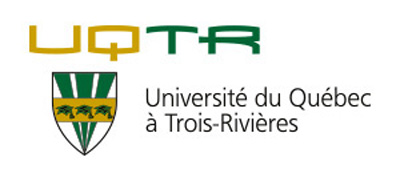Related projects
Discover more projects across a range of sectors and discipline — from AI to cleantech to social innovation.
Mitacs brings innovation to more people in more places across Canada and around the world.
Learn MoreWe work closely with businesses, researchers, and governments to create new pathways to innovation.
Learn MoreNo matter the size of your budget or scope of your research, Mitacs can help you turn ideas into impact.
Learn MoreThe Mitacs Entrepreneur Awards and the Mitacs Awards celebrate inspiring entrepreneurs and innovators who are galvanizing cutting-edge research across Canada.
Learn MoreDiscover the people, the ideas, the projects, and the partnerships that are making news, and creating meaningful impact across the Canadian innovation ecosystem.
Learn MoreWearable technology is contributing to the movement toward seamless connectivity. In the health industry, applications of wearable technology, and functional ‘smart’ fabrics more generally, are improving lives every day. Merging biotechnology with nanomaterials science is one avenue along which scientists are pursuing advanced materials with enhanced functionalities. From anti-bacterial activity to protection from the sun, the next generation of ‘smart’ textiles will draw upon the synergistic combination of components such as enzymes, nanoparticles and synthetic chemical complexes. This research project is focused on exploring the properties of these hybrid materials, for applications such as anti-infection wound dressings and protective clothing for first-responders and for the general public. This collaboration will improve the performance of the industrial partner’s proof-of-concept material, and move to scaled-up prototyping. Over the long term, insights from this work could lead to new product innovation and an expanded range of applications for this class of materials.
Stefania Impellizzeri;Andrew McWilliams
Gregory Hodgson
Biosa Technologies
Biology
Professional, scientific and technical services
Ryerson University
Discover more projects across a range of sectors and discipline — from AI to cleantech to social innovation.
Find the perfect opportunity to put your academic skills and knowledge into practice!
Find ProjectsThe strong support from governments across Canada, international partners, universities, colleges, companies, and community organizations has enabled Mitacs to focus on the core idea that talent and partnerships power innovation — and innovation creates a better future.













































































































































































































































































































